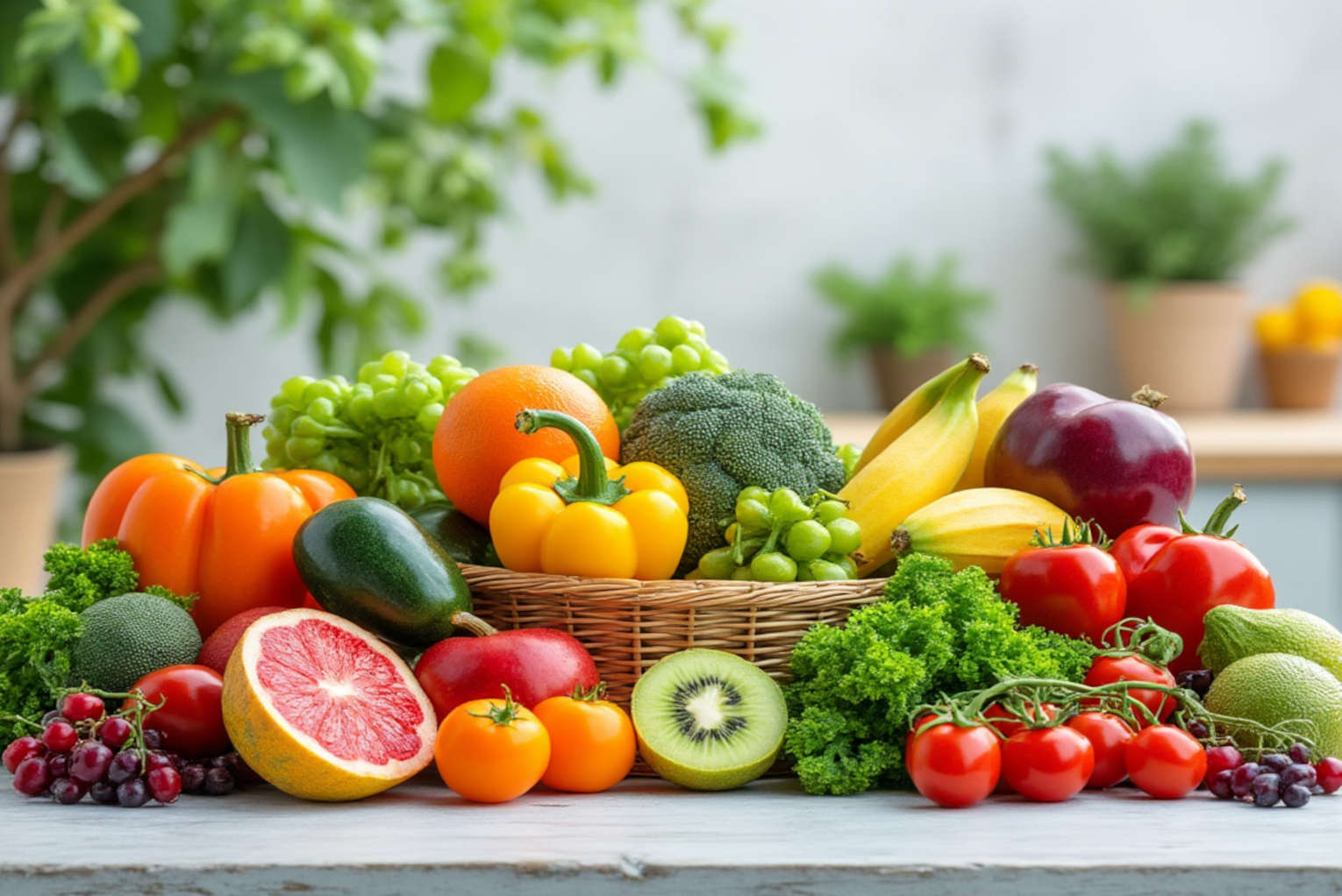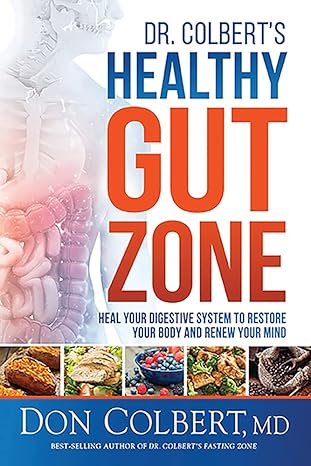Summertime is the perfect opportunity to increase consumption of fresh fruits and vegetables, since so many are in season, readily available, and at a lower cost than at other times during the year.
Nutritionist Jim White told CBN News only about 12% of adults eat enough fruits and vegetables, which is problematic.
“We need them for vitality, for immunity, for antioxidants, to live better every single day,” he said.
White recommends washing fresh fruits and vegetables right before eating them. While some people prefer to use baking soda, vinegar, or even a store-bought produce spray, White says simple tap water is all that’s needed.
Breaking News. Spirit-Filled Stories. Subscribe to Charisma on YouTube now!
“The big important thing is about twenty seconds, you want to take your time,” he said, “Some people just run it through really quick and it just doesn’t get enough of the pesticides and the residue and the dirt.”
Order “Dr. Colbert’s Healthy Gut Zone” on Amazon.com!
A produce brush can also help remove any dirt on thicker surfaces. You should still wash a rind that you don’t plan to eat, because bacteria can get transferred to the edible portion, possibly causing illness such as salmonella, E. coli, and listeria, all of which can make a person very sick. Common symptoms include nausea, vomiting, and diarrhea. In severe cases, these illnesses can require hospitalization.
Health experts say in a perfect world all of the fruits and vegetables we consume would be chemical-free. Unfortunately, that’s not practical for many consumers, so it can be helpful to know which conventionally-grown produce contains the highest level of pesticides and which has the least.
According to the Environmental Working Group, a non-profit organization that monitors agricultural toxins, the 2024 Dirty Dozen, the 12 fruits and vegetables most contaminated with pesticides are strawberries, at the top of the list, followed by spinach, greens (kale, collard, mustard), grapes, peaches, pears, nectarines, apples, peppers (bell and hot), cherries, blueberries, and green beans.
Conversely, the EWG also identifies its Clean Fifteen–the fruits and vegetables least contaminated with pesticides. Topping the list are avocados, followed by sweet corn, pineapple, onions, papaya, sweet peas (frozen), asparagus, honeydew melon, kiwi, cabbage, watermelon, mushrooms, mangoes, sweet potatoes, and carrots.
To read the full story, visit our content partners at CBN News.
Reprinted with permission from cbn.com. Copyright © 2024 The Christian Broadcasting Network Inc. All rights reserved.
Join Charisma Magazine Online to follow everything the Holy Spirit is doing around the world!















































